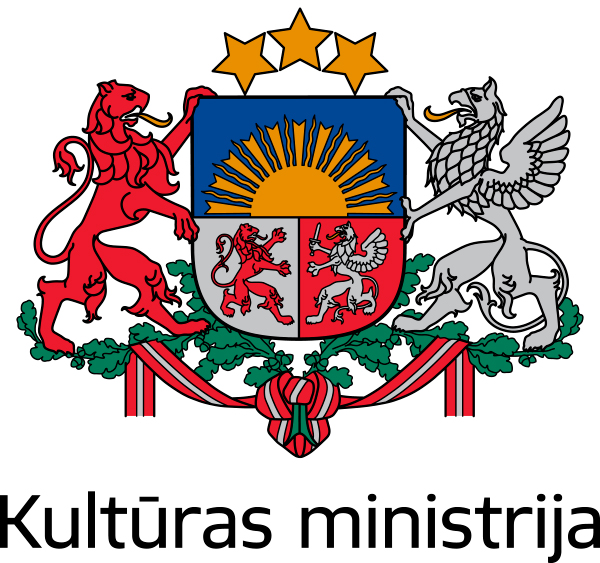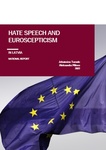Hate speech and Euroscepticism in Latvia. National Report.
Hate speech in Latvia is present in public spaces and online. Due to a growing usage of the internet and social networks it has become more visible. Hate speech targets different ethnic, religious, and social groups and often correlates with political discourse and actual developments in social and political areas. Latvia is one of the youngest EU member states and the level of Euroscepticism is quite low, however not all European values and policies are welcomed by both mainstream and smaller political parties who oppose certain EU fundamental rights and principles. This report analyses the hate speech phenomenon in Latvia and looks at whether Euroscepticism and hate speech are interrelated issues.
The authors first map the levels of intolerance and hate speech among the general population and young people in particular. They analyse policies and law that address hate speech, they also outline trends, targets and the actors of hate speech. Then the authors map the presence of Euroscepticism in Latvia, its forms, public attitudes and actors, outlining parallels between Eurosceptic discourse and incitement to hatred. The third chapter maps different initiatives implemented in Latvia which can be seen as constructive practice in the fight against hate speech and different forms of intolerance. The report ends with conclusions and recommendations on measures for combating hate speech.
The report is based on desk research of existing data, reports and research about intolerance, hate speech and Euroscepticism in Latvia, analysis of relevant political documents, programmes of political parties and media sources conducted in the time period November 2020 – September 2021. The desk research is complemented by six semi-structured interviews with three representatives of youth organisations working with or representing vulnerable groups, three policy makers, including one expert on anti-Semitism. In addition, a survey of young people aged 16-25 was conducted on their experiences of hate speech. 131 respondents took part in the survey in the time period June-July 2021.
The research is conducted in the framework of the project “Active European Citizens Against Hate Speech”. The aim of the project is to raise awareness of the new generation of European citizens about the impact of hate speech on democratic participation and European values. The project is implemented by the “Latvian Centre for Human Rights” (project coordinator), “Participation for All” (Latvia), “Estonian Human Rights Centre”, “Human Rights Monitoring Institute” (Lithuania), “Multi Kulti Collective” (Bulgaria), “Human Rights House Zagreb” (Croatia), “Peace Action Training and Research Institute of Romania - PATRIR”. The project is co-funded by the Europe for Citizens Programme of the European Union and the Ministry of Culture of the Republic of Latvia.
The contents of this publication are the sole responsibility of its authors and can under no circumstances be regarded as reflecting the position of the European Union and Ministry of Culture of the Republic of Latvia.


Pielikumi
Publicēts: 2022-06-01
